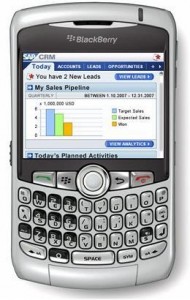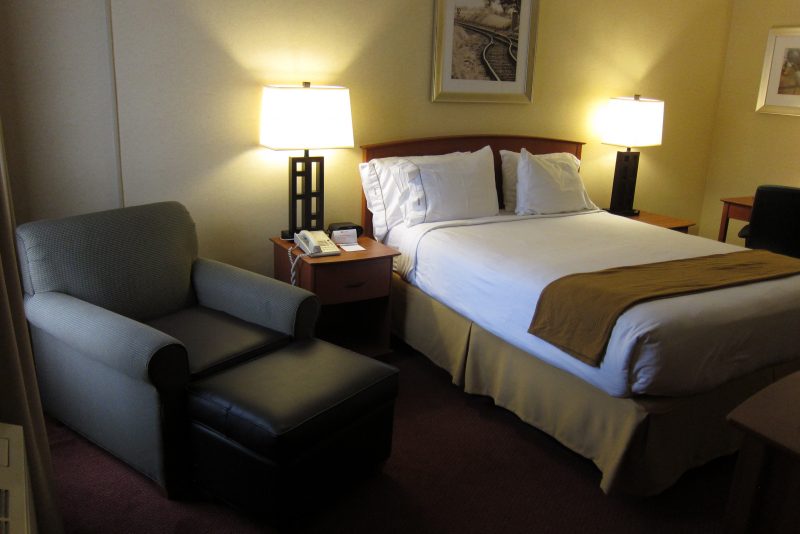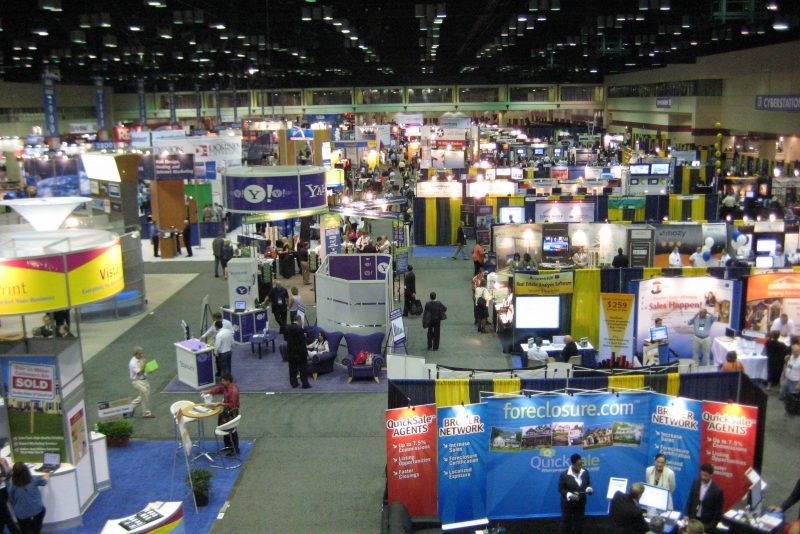 BlackBerry Ltd is reputedly in talks with Cisco Systems, Google Inc and SAP concerning the sale of all or parts of itself. Such a decision would would be an alternative to the preliminary agreement reached recently by shareholder, Fairfax Financial Holdings, to buy back the company for $4.7 billion.
BlackBerry Ltd is reputedly in talks with Cisco Systems, Google Inc and SAP concerning the sale of all or parts of itself. Such a decision would would be an alternative to the preliminary agreement reached recently by shareholder, Fairfax Financial Holdings, to buy back the company for $4.7 billion.
SAP might be an excellent fit for BlackBerry’s secure server network and patent portfolio.
The security-focused messaging system alone is estimated to be worth around $4billion along with a collection of patents that could be worth as much as $5 billion.
BlackBerry’s core technology may be of particular interest in those markets like Brasil and Australia where American NSA snooping has been highlighted as something that irks foreign governments and something that would be aligned with SAP’s foray into offshore datacenter hosting services. While BlackBerry technology may not be as snoop-proof as has been suggested, it certainly would be aligned with the conservative approach that largely dominates the SAP portfolio of offerings.
BlackBerry owns more than 130 encryption patents alone.
BlackBerry currently holds around 1400 patents and SAP more than 4,400.
As a leader in enterprise applications SAP claims that it actively seeks intellectual property protection for innovations and proprietary information. Of the more than 4400 patents owned, 750 were granted and validated in 2012 alone.
protection for innovations and proprietary information. Of the more than 4400 patents owned, 750 were granted and validated in 2012 alone.
SAP has spent billions every year for research and development and only started actively applying for patents about 14 years ago, like Microsoft, they are incredibly profitable as a software and services company.
They are considered probably the biggest European computer company in favour of software patents.
Their patent journey started as a knee jerk reaction to the challenges from a number of North American companies who claimed patent violations. Since then, an incentive system for motivating programmers has been introduced to assist the SAP patent committee. By April 2000, four patents were granted. SAP’s board have apparently declared in the German Parliament that SAP needs software patents not as an innovation incentive but only as a weapon against other patents which have created problems for it worldwide.
In a highly competitive global business environment, SAP depends on appropriate protection for its innovations. For SAP, this of course implies a balanced approach to avoid distortions. SAP strongly relies on the EPO’s gatekeeper role to maintain the right balance on patentability issues.” EPO


